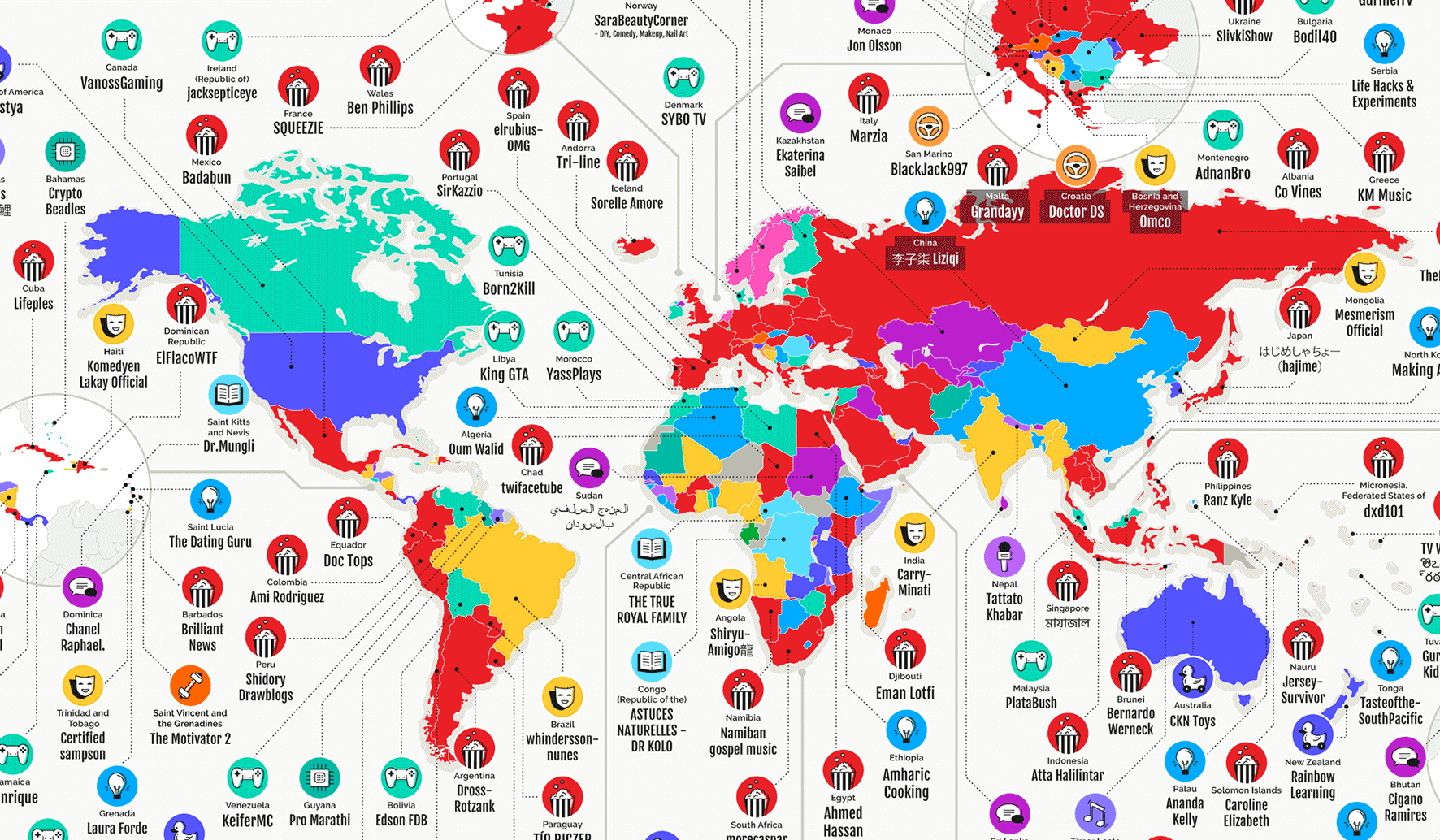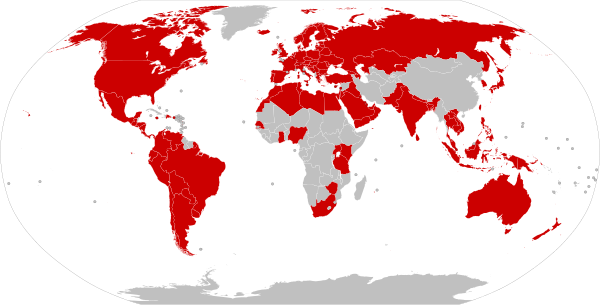


Linguistic competence, as it happens, was the subject of my own interest in Rojas-Berscia. “A flux is a dynamism that involves a social fact and an impact, either functionally or formally, in linguistic competence.” “I’m developing a theory of language change called the Flux Approach,” he explained one evening, at a country inn outside the city, over the delicious pannenkoeken (pancakes) that are a local specialty. research, with the Shawi people of the Peruvian rain forest, doesn’t involve fMRI data or computer modelling, but it is still arcane to a layperson. At a conference in Nijmegen that had preceded our trip to Malta, there were papers on “the anatomical similarities in the phonatory apparati of humans and harbor seals” and “hippocampal-dependent declarative memory,” along with a neuropsychological analysis of speech and sound processing in the brains of beatboxers. Linguistics is a formidably cerebral discipline. He looked like any other laid-back young tourist, except for the intense focus-all senses cocked-with which he takes in a new environment. A friend had given him a new pair of earrings, which he wore on Malta with funky tank tops and a chain necklace. Rojas-Berscia is a twenty-seven-year-old Peruvian with a baby face and spiky dark hair. Our plan was for me to observe how he went about learning a new language, starting with “hello” and “thank you.” “We’ll do this as I would in the Amazon,” he told me, referring to his fieldwork as a linguist. He had a hefty grammar book in his backpack, but he didn’t plan to open it unless he had to.

Last May, Luis Miguel Rojas-Berscia, a doctoral candidate at the Max Planck Institute for Psycholinguistics, in the Dutch city of Nijmegen, flew to Malta for a week to learn Maltese.


 0 kommentar(er)
0 kommentar(er)
